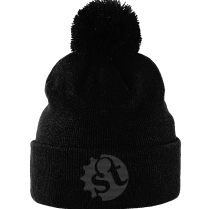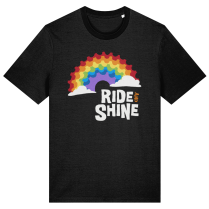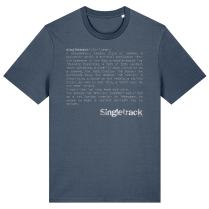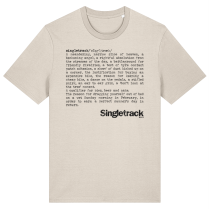What is it about women’s rides that is proving so attractive? Fi Spotswood has been trying to find out.
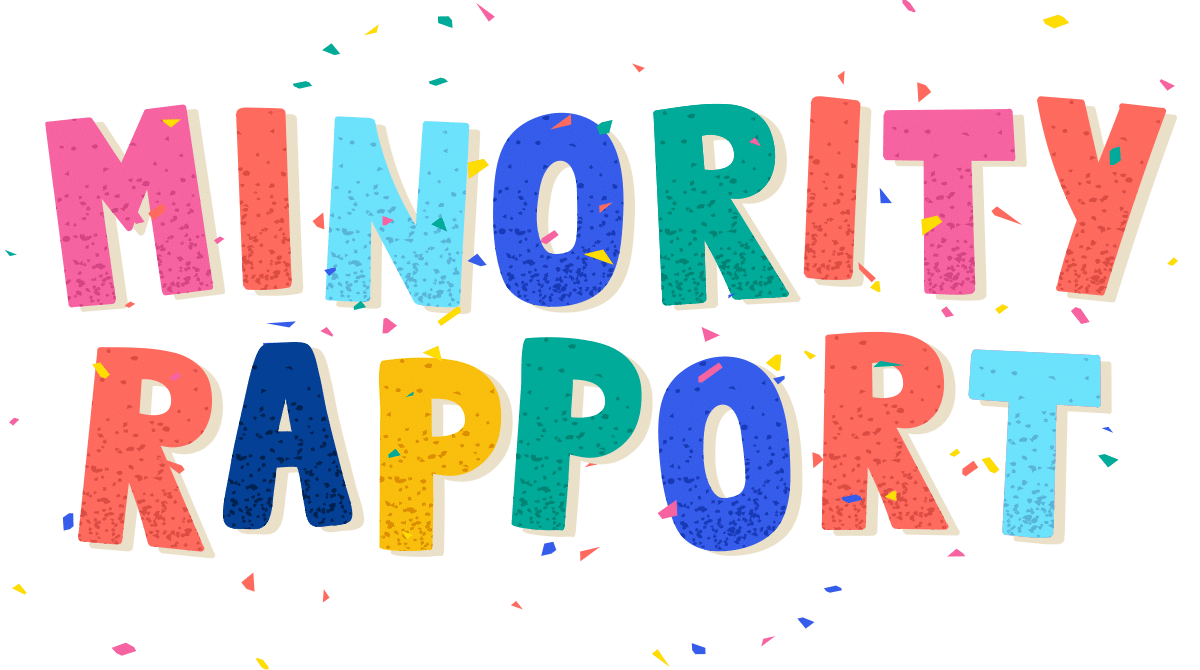
Words Fi Spotswood Photography Credited

I’m ashamed to admit that when I was younger I rarely questioned where all the women were. The races I did, the weekends at trail centres, the trips abroad; I’d be the only woman in the crew, quietly pondering what my wild weeing options were. It’s just how things were. Times move on. Women, (or better still, women+), are welcome in mountain biking, and we can see the change with a glance at social media. We are flooded with inspiring stories of boundary pushers like Casey Gemma racing an adaptive trike after a mountain bike accident left her paralysed. We see stories of the epic, strong ultra-distance riders in the Steezy Collective coming together to grind out the miles and inspire more women+ to take on the likes of Highland Trail 550. We meet total senders like Fleur TK cleaning the finest mountain lines. We see the promotion of collectives, groups, festivals, rallies and races, all just for women+.
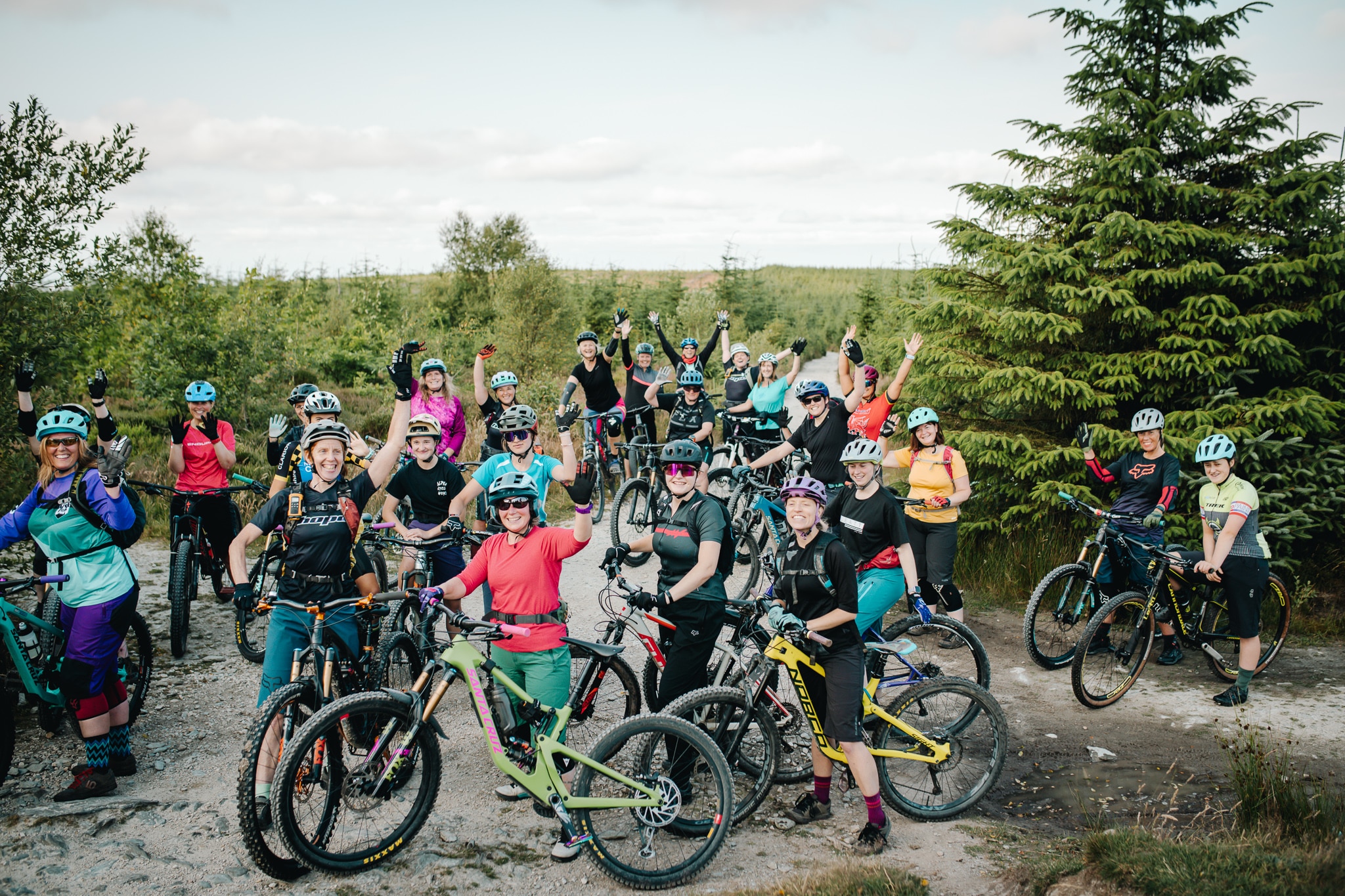
Women+ coming together to ride is A Thing. But what is the vibe when women+ connect through bikes, trails and mud? What happens? I’ve been lucky enough to have ‘had’ to spend months riding in women+ groups for my research with the University of Bristol into gender and action sports (look up Project FIAS if you want to know more). I’ve been watching, shredding and listening to women+ on trails all over the UK, discovering why women+ groups are essential for the future diversity of mountain biking.
Latest Singletrack Merch
Buying and wearing our sustainable merch is another great way to support Singletrack
First, meet Carys
Ladybower Reservoir is reflecting a pristine blue sky. Carys leans against a wall sipping coffee, and tells me about her group of riding buddies. I’m still slightly reeling from the speed she took the rocky plunge down to the café. I have a metallic taste in my mouth from pushing so far into the red to keep up. I make a mental note to get some skills coaching. And a new bike. Then I tune in.
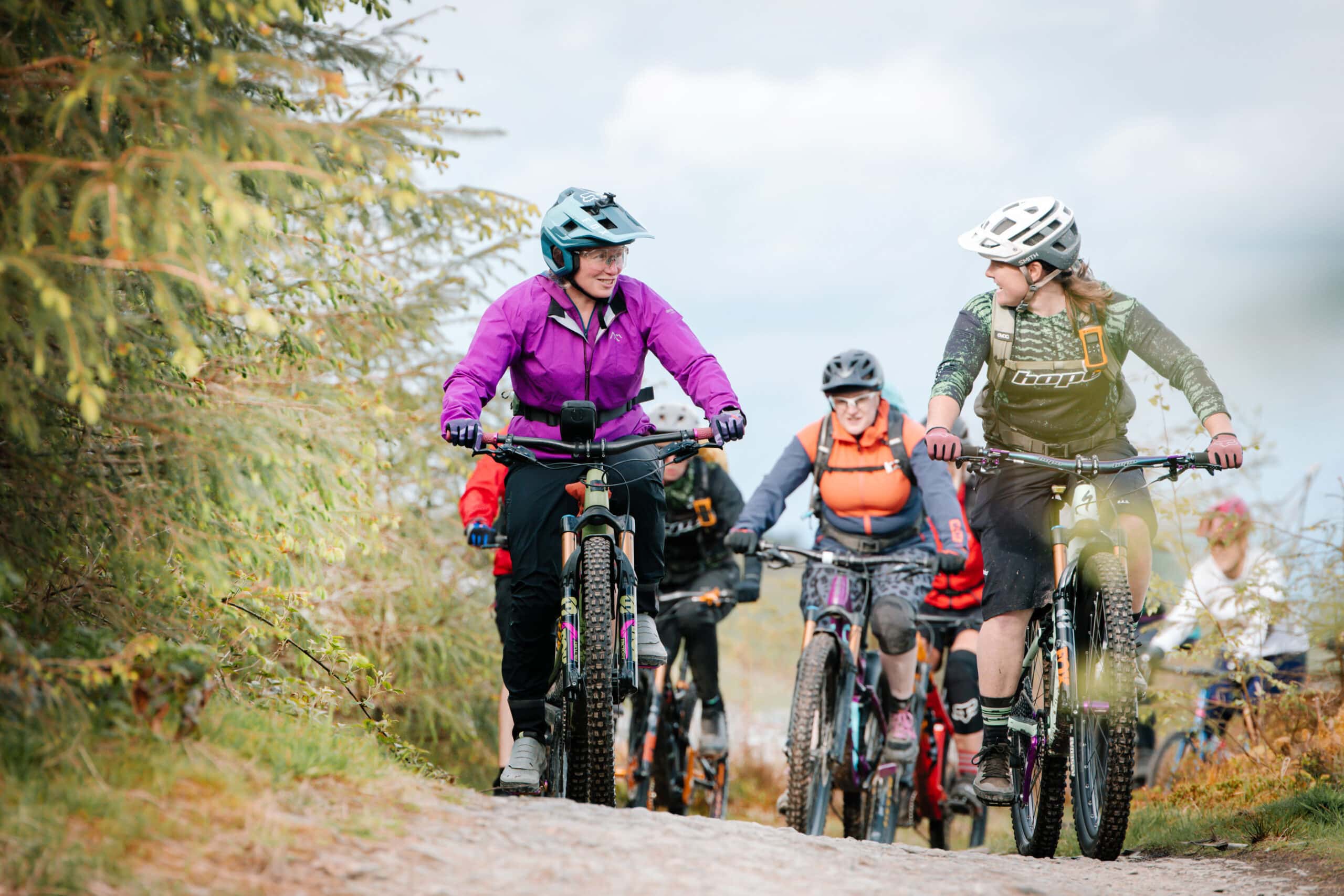
A common story, Carys got into mountain biking through her boyfriend: “He admitted to me much later, after we were married, that I had to be good; a kind of mountain biking test for the future of our relationship.”
Carys is fit and strong, with tell-tale freckles from time outdoors, well-worn Five Tens and shorts that are going crispy with washing. Her regular Friday ride is with a group of local women in the Peak District. She explains that at some point, after a decade or so, she ‘discovered’ riding with women. “There’s a different energy with the women”, she explains earnestly. I chuckle at ‘the women’ and she raises an eyebrow a bit defensively. “It’s different”, she retorts. “There’s a kind of resonance. It’s relaxing. I realise I’m not actually crap.”
Women+ riding together helps reduce the inevitable comparison that happens in mixed groups and creates an environment where riders can focus on the gaps in the trail, not the gaps (real or imagined) in their strength or skill. This focus is central for Carys. She means it when she tells me how much she loves mountain biking in a way that I recognise from plenty of other conversations. She isn’t interested in any of the extraneous fluff that can fuzz the edges of our sport like Strava rankings or the endless chat about must-have shiny bits. She just wants to ride and get “that ET feeling where you’re totally free, just flying along”, (ideally with a perfectly working bike that she doesn’t have to fix. Or wash.).
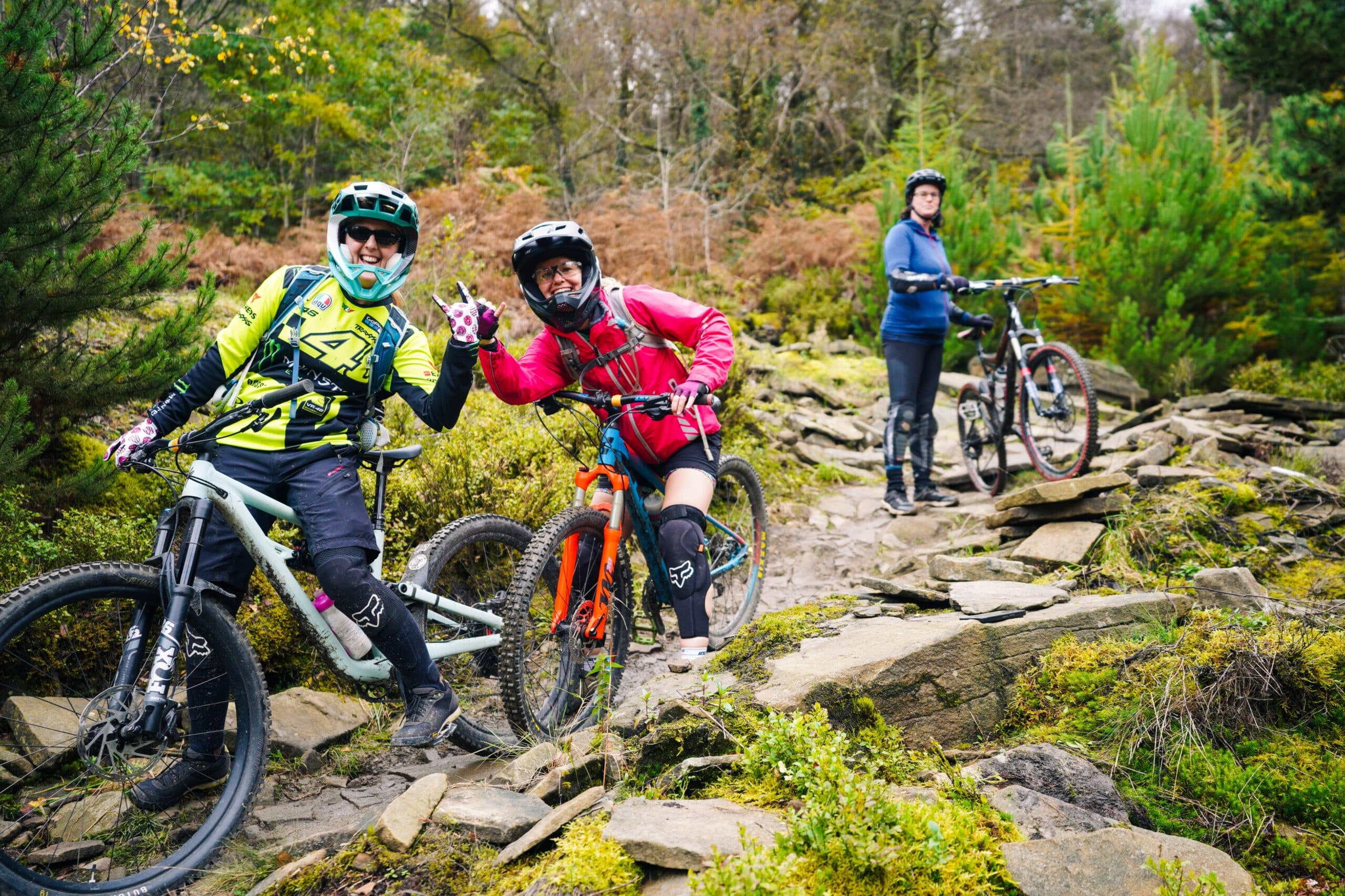
The connections women+ forge on the trail are part of the magic sauce. They are the foundation for both Carys’ relaxation and the supportive environment that cuts through all kinds of women+ groups and all kinds of riding. The shared history is unique and unifying. We connect on one level because we are reclaiming space in a man’s world through our riding. On another, we connect because of the mundane shared experiences of juggling work, children and time. Carys’ group is “a collective of middle-aged women with shit going on”. They have demanding jobs and nit combs to wield. They ride hard and deconstruct their tangled problems trailside, while someone catches their breath or sorts out a spot of chain suck. “I’ll be riding with the women until I drop”, Carys admits. “I need it”, she adds, before we get back on our bikes and roll towards the next killer climb.

Build me up, Buttercup
Two-wheeled adventurer Claire Sharpe also focuses on the support women+ bring to each other, which for her is essential as a space for progression she feels can be missing from mixed groups. Claire is comfortable riding any bike with any humans, but admits that “riding in a women-only environment hits differently”. She’s fresh from an adventure in Arizona and her Instagram is full of joyful photos of women camping in the desert. “In my experience, women tend to open up to each other faster, and conversations quickly move beyond your bike and immediate surroundings.” Claire is a huge fan of women’s rallies and festivals. She describes them as supportive, with “everyone’s ego left at the door and people ready to build each other up”.
‘Building each other up’ is what Josie experienced at her first women’s weekend in Whistler. Josie lives in North Wales. We’re in from a cold ride, warming up with mugs of tea. Josie is retired, enjoying regular trips to Whistler where she has a house, and spends months each year just riding her bike. I’ll have what she’s having.
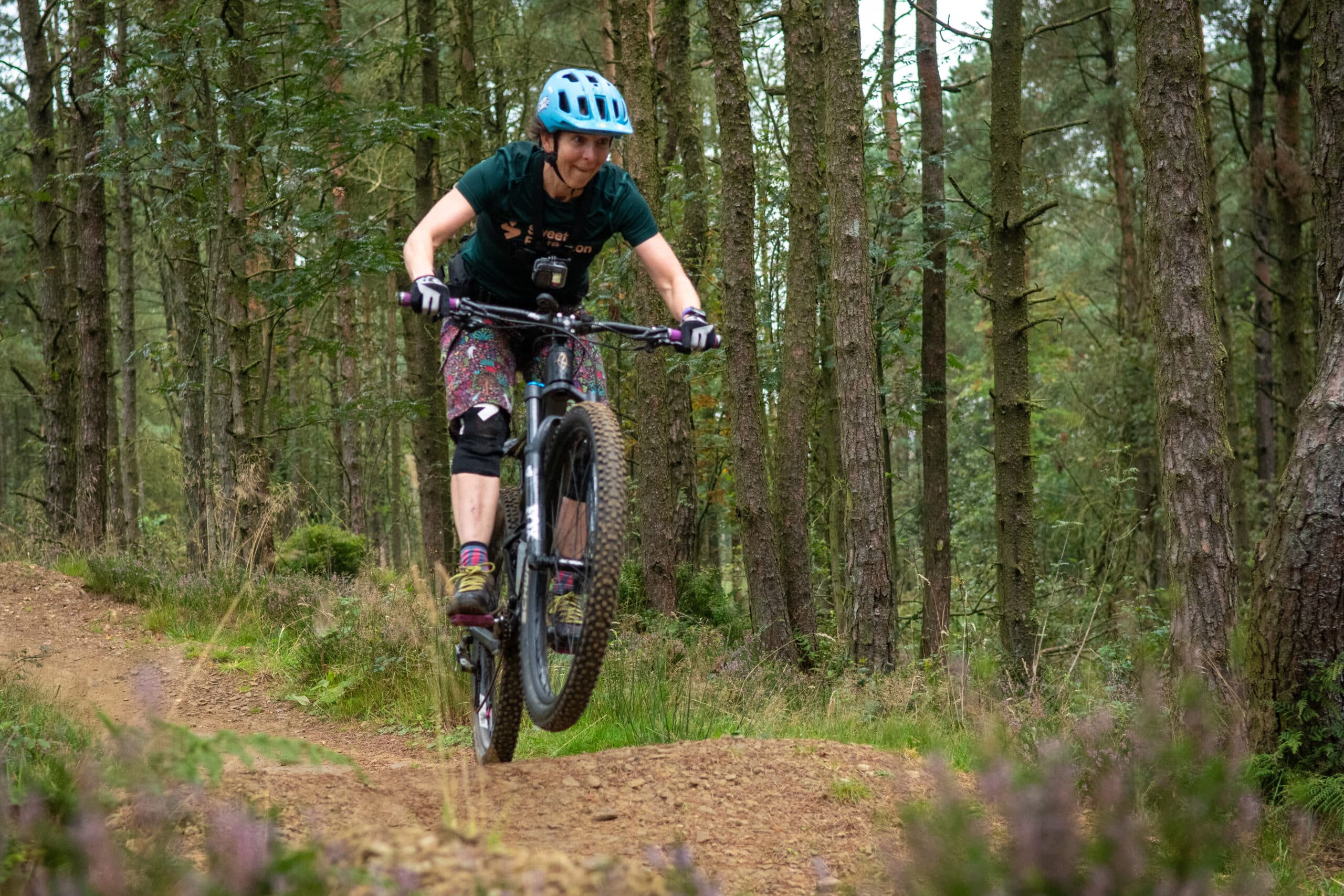
Like other women I’ve spoken to, Josie’s experience in mixed groups was characterised by a sense of unease. She was insecure in her skills, self-conscious and struggled to find her flow. All this changed in Whistler. “It was over 30 years ago and I just couldn’t believe how many women there were. I still have a photo of the group. I’d never seen that many women riding together.” Josie reaches for a photo and hands it over. “Look at them all. We never had anything like that in the UK back then.”
Grooving on progression
Josie’s experience that weekend changed her relationship with mountain biking and shows the power of women+ only environments for supporting progression. She describes the collective airing of anxieties she didn’t know anyone else had, and explains: “I got so much better riding with those women. I really found my groove. It gave me huge amounts of confidence.”
What Josie relished most was the opportunity to progress on her own terms and show her vulnerability to a non-judgmental crowd. Like most people, she enjoys the sense of accomplishment that mountain biking brings. It’s fun getting better at things and this spills over into other parts of our lives. Josie explained very eloquently: “I love it when you nail something that last week you couldn’t do. It sets you up. It teaches you that you’re capable of more than you ever thought possible.”
Josie was able to channel this drive to progress on those women-only weekends. “You’re not judged, and it’s supportive. But it’s not soft and fluffy. You’re pushed and encouraged and then celebrated when it goes well. When it doesn’t, the group helps you again and again, as much as you like. There are high fives, shared victories. I can’t tell you how amazing it feels.”
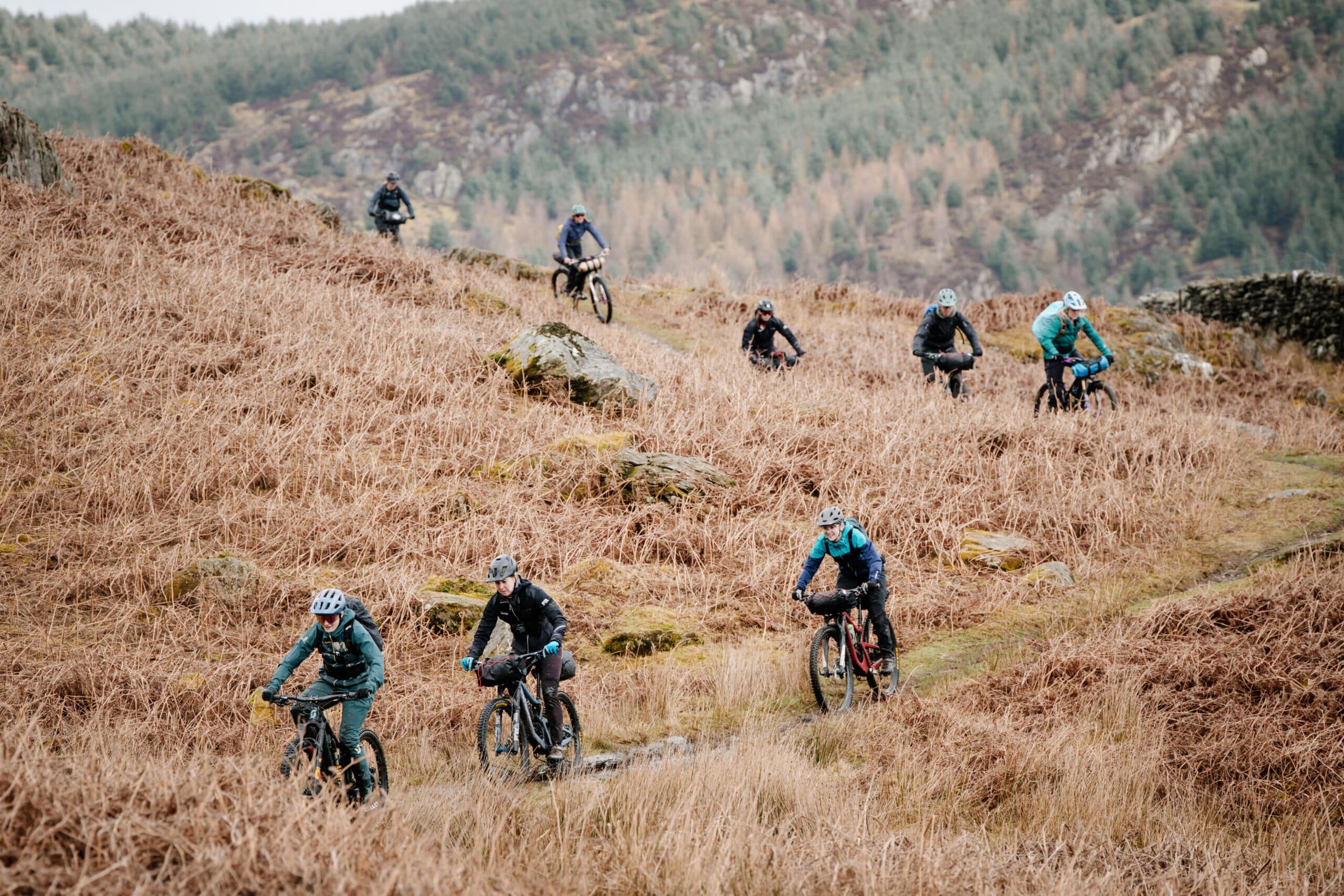
She doesn’t need to because I’ve experienced this for myself on other women+ rides. The huge Feature of Doom looms, the train slows to a stop, the phones get whipped out and before I know it I’m gliding down that Previously Impossible drop and taking out my phone to capture someone else’s triumph.
Marketing vs reality
Media and mountain bike marketing tend to tell a very narrow story of extreme riding, and often of male riders. Women report struggling to connect this to their own experiences of mountain biking, with the disconnect creating anxieties around perceived failure. Women+ only environments can reduce pressure on women to live up to ideals they are anxious about failing to meet and bring the focus back to #goodtimes.
Having all-women+ communities of mountain bikers “gives women a space to thrive in mountain biking” and is one of the reasons that Vic, part of the awesome Tribe Adventures in Bristol, feels women-only groups empower: “They encourage and they bring confidence to women in a male-dominated sport.” It’s true; it’s easier to show your vulnerability and share your emotions with other women. There are shared experiences and contexts you don’t have to explain. Simply and powerfully, Vic adds: “Women supporting women is truly magical.”
Back in Wales Josie has set up her own weekly women’s ride near where she lives. It’s small but she’s hoping it will grow into something magical. “Women are scared they’ll slow you down. When they come, they realise it doesn’t matter. They just need to show up.”

It’s all a blur
I met Tracie at the BikePark Wales Women’s Day, which remains a blur of adrenaline, laughter and cake. She is wearing lipstick, framing a huge grin. “Do you like my new trousers?” But before I can answer she rushes off to hug another friend she’s spotted.
The vibe is a party. The crowd – of around 200 women – is being whipped up by the energetic women ambassadors selling raffle tickets and introducing people. One of them is Tracie. She told me about ‘takeover’ days: “We wanted to create opportunities for women to come to the park and really feel they belong.” Thinking about it, my only other visit to the park had felt very male-dominated, and I’d been nervous. By engineering a purposeful gathering of women+, BikePark Wales has forced a momentary experience of belonging that is designed to show women+ they fit in at the park any day of the week.
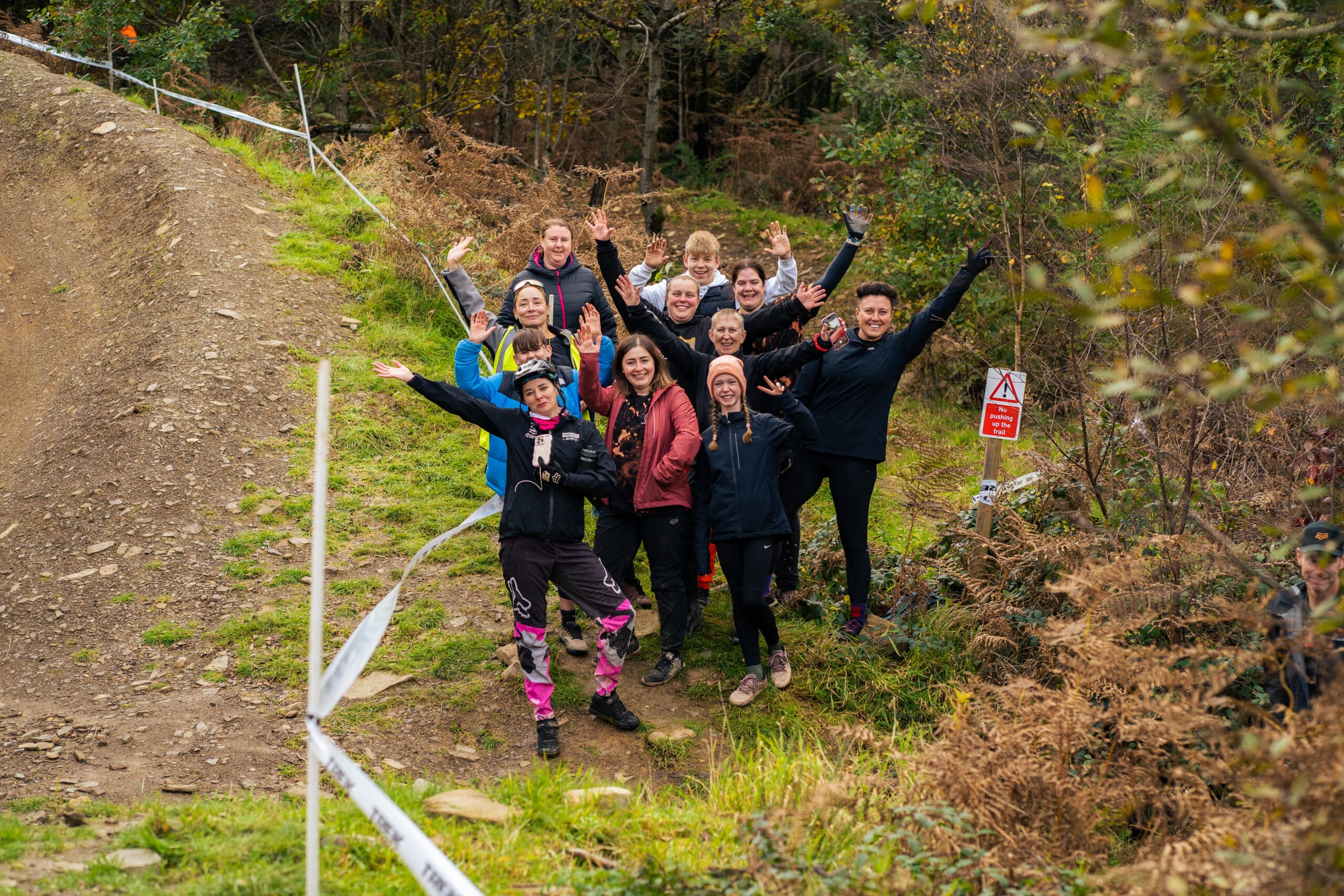
And there are hordes of women here, of all experience levels and ages. There are e-bikes, hardtails and full-bouncers. Women chat around smoking fire pits; there’s a lot of laughter and a lot of hugs. I feel the excitement in my belly. The banter continues on the uplift buses, on the trails, over lunch and long into the evening after the uplift has closed.
Looking back, I can’t remember the men, although there were some. With that sheer volume of women riding bikes in one place, the vibe changes entirely. When they aren’t the minority, there is no self-consciousness. The focus turns to the riding, to the trail and the challenge. There’s a collective ‘owning’ of mountain biking going on.
“Did you have a good ride?” shouts Tracie over the noise of the bike wash at the end of the day. “Yes I bloody well did”, I grin back.
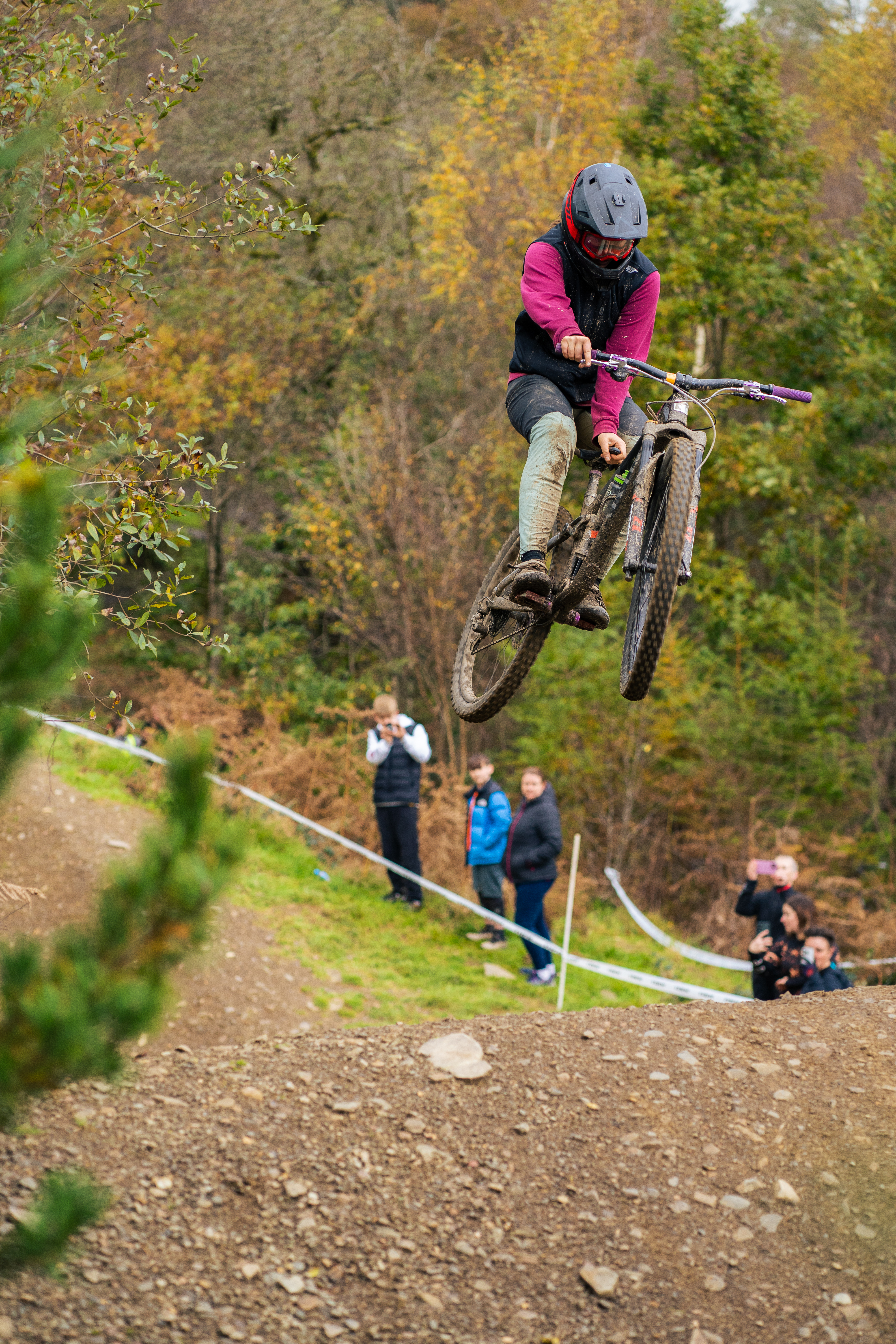
Minority rapport
Women remain a minority in mountain biking, although the dial is tipping, partly due to an increase in visibility. When women see other people ‘like them’ out there on the trails, whether on a screen or in the real world, the door feels ajar. It is important to create pockets of dominance for the “optics”, as Jenna told me. Jenna started mountain biking because she saw all the photos and high-stoke Instagram footage posted after the women+’s ride I helped lead in Bristol. “I just fancied it. I’ve wanted to try mountain biking for a while, and this just felt doable. I saw it on Instagram. It was the optics.”
Like the BikePark Wales Women’s Day, our Bristol group attracts a mix of riders including experienced shredders who spend part of the year riding in Finale, and those who have a long list of race palmares to their name. But the core of the crew is women who, like Jenna, “would absolutely no way under any circumstances consider riding in a mixed group”. This isn’t everyone, and it’s certainly not me. But there are others. Becky hasn’t ridden for a decade thanks to a magic combo of physical trauma sustained during childbirth, the time pressures of parenting said child, and a slowly (but surely) ebbing stock of self-confidence and fitness. “But I’m back”, she beams. “I feel safe in this group. I know I’ll be slow but no one seems to mind.” We don’t.
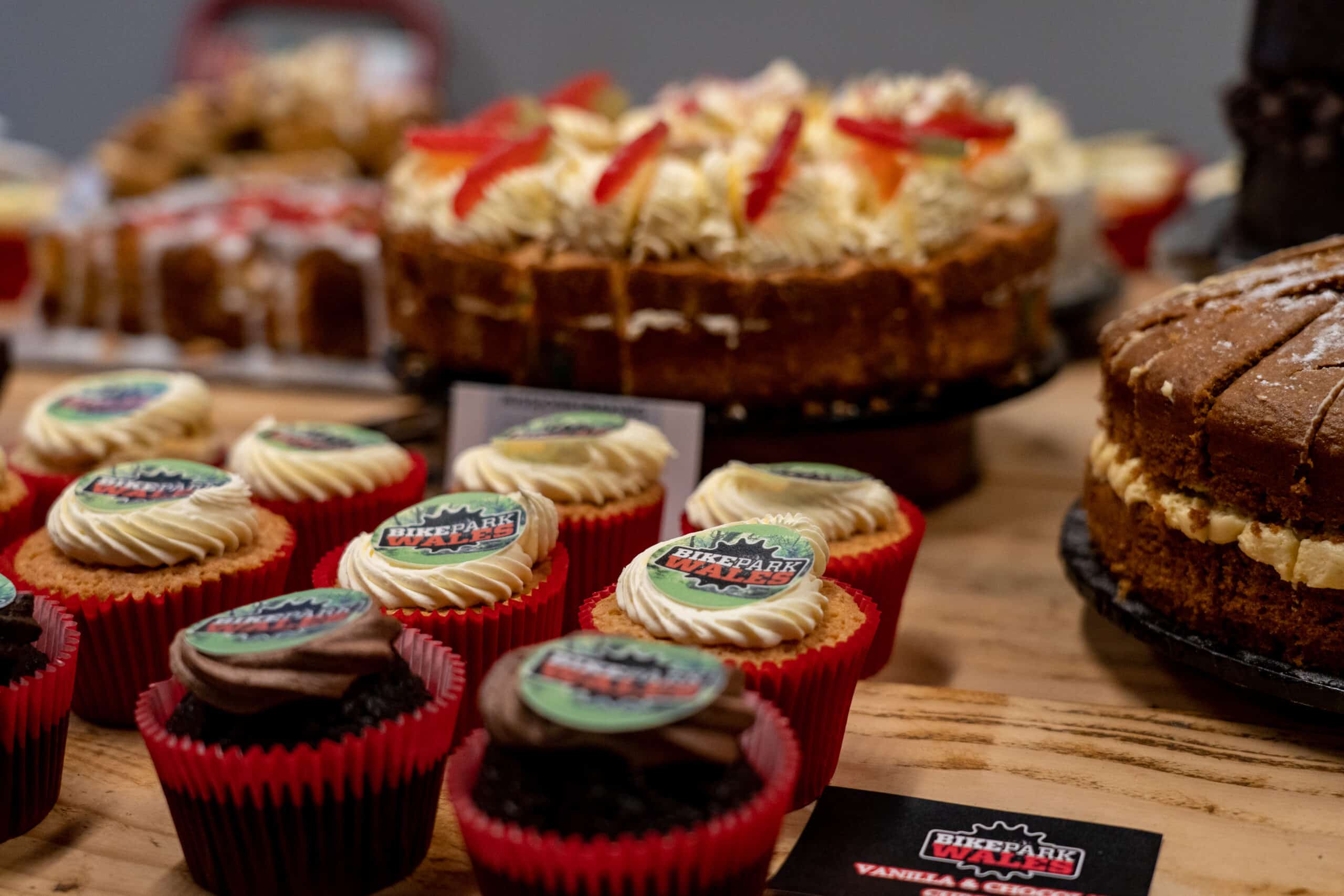
On last month’s ride, we were somewhat ungallantly strewn across the trail junction, chatting and soaking up the weak dregs of autumn sun. Two men picked their way through the throng, looking self-conscious and awkward. “That’s a turnaround, I thought.” Don’t judge me; I couldn’t help it. That’s how women+ so often feel in mountain biking. There is simply a sense of safety in numbers, which is also what Tracie told me inspired their women’s days. “It is often women’s first time at the park”, she explains. “We want everyone to feel safe and supported and to meet other women with similar abilities to ride with and have fun.”
At BikePark Wales I noticed Tracie’s unashamed effort to photograph and film the women she met (all the women). She photographed women clutching cakes, cheering trailside or sending the jumps with mid-air flair. They are on the women+’s BikePark Wales Facebook group. It’s a simple part of the optics, and something the New Forest Off Road Club also champions; raising the visibility of women+ in mountain biking is an essential ingredient for the future diversity of our sport. It’s how we carve our own stories of mountain biking and use those stories of support, adventure, connection, peace and good times to redefine and diversify what mountain biking can be and to show other women+ and girls they can belong. “Let’s keep working to tip the balance”, says Vic from Tribe Adventures. Yes, let’s.
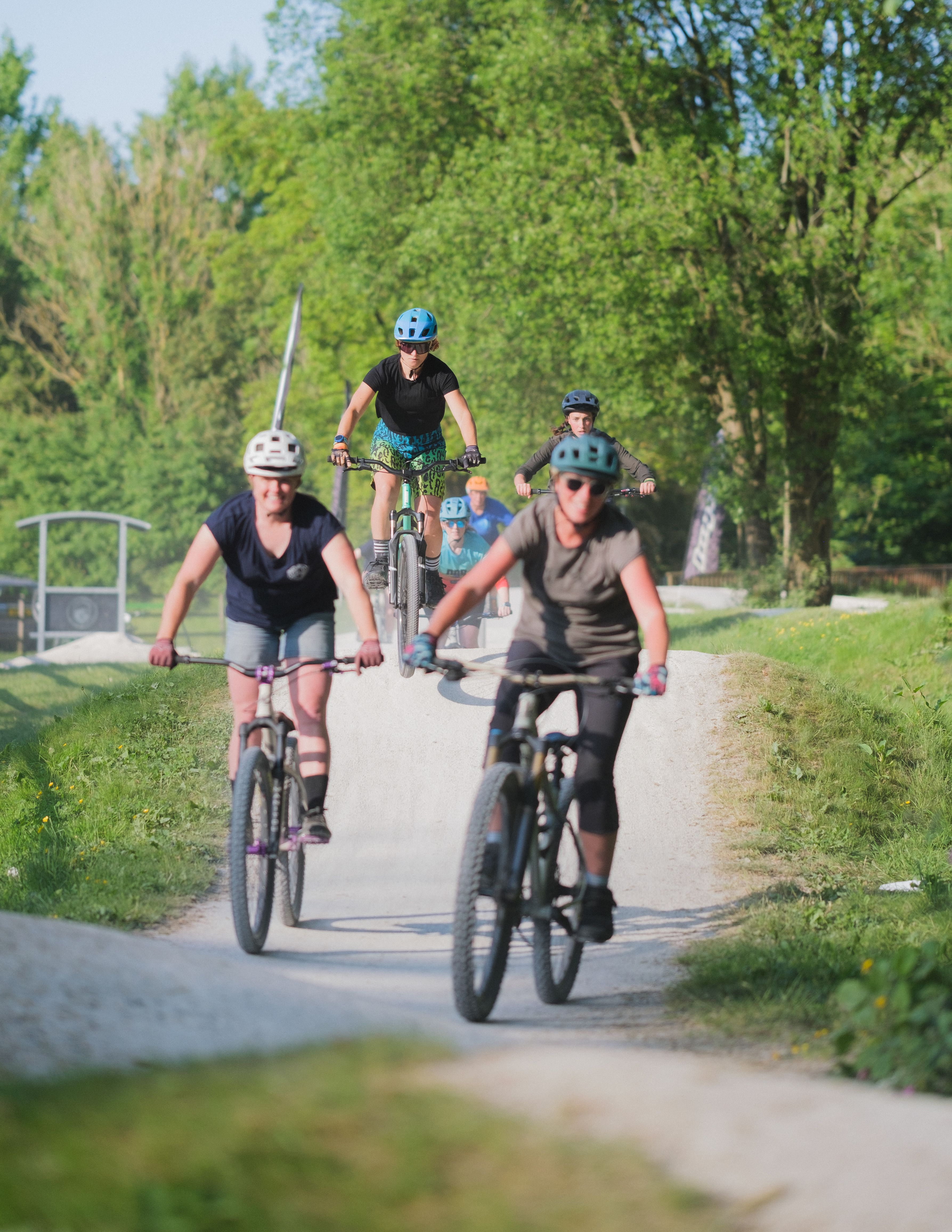
The future is… inclusive
Many parts of the industry, and the likes of Welsh Cycling, have already realised the magic of supporting women to connect and ride. It’s great to see the rise of vocal male allies who develop their understanding of women+’s experiences and work hard to support us. Diversifying mountain biking is good business, and fostering an inclusive culture is good for a thriving sport.
I don’t deny there has been a raging debate about whether ‘women only’ creates segregation and fails to transform male-dominated sporting cultures. There is a lack of gender parity across many sports and work to do to integrate women as participants, leaders and in the workforce, so this is a fair concern. Our research on Project FIAS points to a real need to create spaces where women can find a home in mountain biking and feel they belong – as a starting point for cultural transformation. Women forging connections with other women and banking fun, chilled riding experiences means they settle in and begin to see themselves as part of it. For some newer, less confident riders this is the only reason they show up. For those of us who have been around a while, those connections serve a different purpose – they create a space to progress and push past the ceilings that might have plagued our riding for decades. (It turns out my wheels can leave the ground – who knew?)
Finally, it’s about numbers. Women are often introduced to mountain biking by men, making men the gatekeepers of the sport. But they don’t hold the keys to all versions of mountain biking. By making women+ feel they are a legitimate part of the culture on their own terms they can integrate with confidence and energy as volunteers or leaders. Fostering visible, clearly open groups of women increases the likelihood that women will be introduced by other women, and experience a different kind of mountain biking altogether. And that can make mountain biking different – and better – for everyone.
Women+’s local communities – Having visible, active, welcoming women+ mountain biking communities everywhere is one of the goals of Project FIAS. There are already many around if you dig, such as Dame Cycling Forest of Dean, Women Ride Bristol, Glasgow Gals, FNY Collective – get Googling!

Hope WMN – Regular ride-outs around the country and their Women’s Enduro, previously at Gisburn Forest but due to move somewhere new.
komoot Women’s Rallies – Aiming to ‘connect, connect, unite and break down the barriers in adventure cycling by making adventures by bike more accessible to women of all backgrounds’.
The New Forest Off Road Club – On a mission to ‘increase representation in the outdoors through guided matriarchal cycling experiences’. They also offer webinars on ‘How to build a community’ and ‘How to tell your story’.
The Ride Free Collective – Held its first festival in 2023 and promises a series of adventures for women+ in 2024, promising ‘a place to learn, grow and challenge yourself with a group of equally awesome people’.
BikePark Wales Women’s Day – Men will be there, but you won’t notice them.
Sisters in the Wild – Hold regular weekends away with a more gravel and bikepacking vibe that they describe as ‘community-focused and for women, trans, and non-binary people’.
School of Rocks – If you’re after coaching in a women+ space, the School of Rocks is a great option for 6-week sessions (terms) designed to grow skills and confidence in a woman-led community. They offer ‘a toolkit to empower everyone to find joy in off-road cycling’.
Guided women+ only weekends – Some phenomenally experienced women+ guides lead women+ only groups on incredible mountain biking weekends. Check out Kath Goodey at Ride High MTB and Beth Perrou at DirtSheNomad for starters.
girls ALIVE – A female non-competitive community sports club for women to get active and outdoors. The community has a strong teenage girl following.
Check out fias.blogs.bristol.ac.uk for more information on this research project
